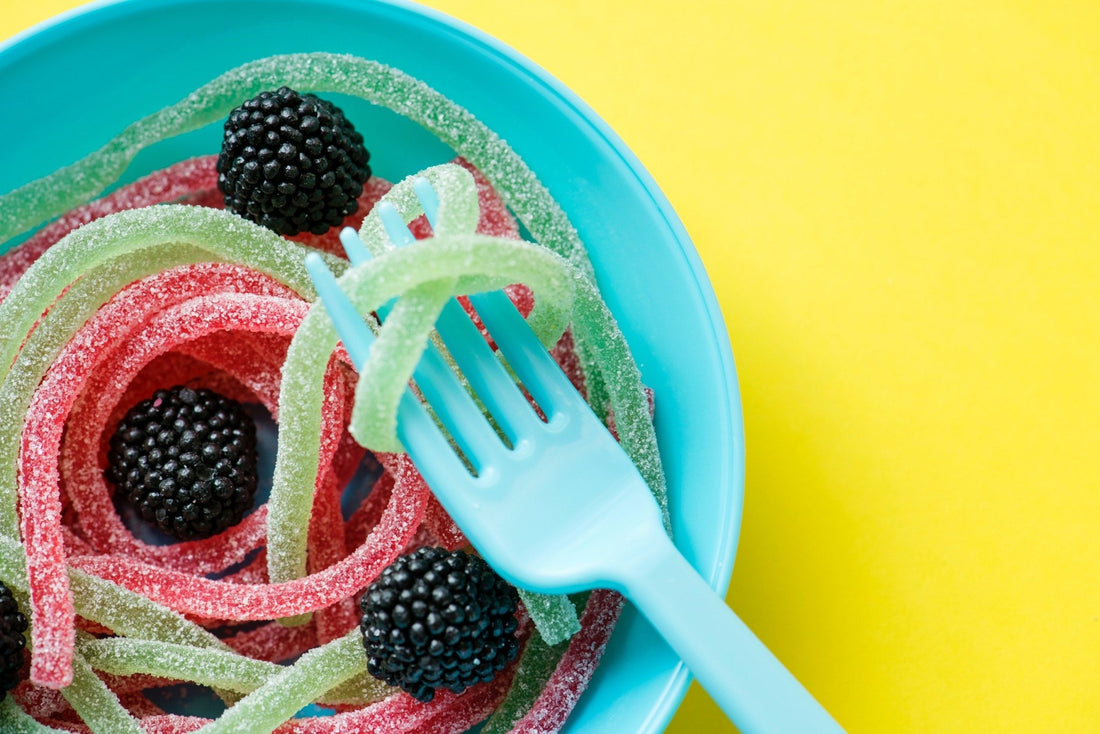
What is Diabesity and how to steer clear of it
Known as the combination of diabetes and obesity, diabesity has become a major threat to global health. According to the Centers for Disease Control, 90 percent of people with obesity will develop type 2 diabetes, which has driven experts and government officials to design diet and exercise programs to fight this epidemic.

Diabesity is considered a modern epidemic, however; it is on the rise, the majority of people aren’t even aware that they have it, or could potentially be a victim of the disease. One in every two people will suffer from the disease that will make you fat, sick and eventually kill you. Ranging from mild-insulin resistance to full-blown diabetes, diabesity is the result of biology paired with poor lifestyle habits and environmental toxins. Some of the many symptoms include elevated blood sugar, blood pressure and cholesterol.
When a diet consists of empty calories and an overhaul of sugars, liquid calories, and carbs, the cells in the body end up being resistant to the effects of insulin, they require more cells to make sure the blood sugars are even. The result of this is the development of insulin resistance, the first signs of this can be higher than normal insulin levels, which leave a major mark on the body. Insulin resistance is one of the biggest factors involved in premature aging and all the disease associated with it, including stroke, dementia, cancer, and heart disease. Not only does your body start to deteriorate when your insulin levels increase, but your appetite goes up and becomes out of control, causing weight gain, inflammation and oxidative stress. Believe it or not, an elevated blood sugar level is not responsible for diabesity. The good news is that, in most cases, diabesity can be reversed.
For most people, they simply need to rid their diet of foods that cause a biological imbalance. First things first, determine if you have diabesity by getting the appropriate tests. Beware of doctors who focus on fasting blood sugar, as this is not an accurate indicator of diabesity. Instead, ask your doctor for the insulin response test which measures insulin levels after fasting and then one and two hours following a glucose drink. If you have any concern that you might be a victim of diabesity, you need to advocate for yourself and demand this test from your doctor.
Ready to make a change in your life? Let's talk CLICK HERE

